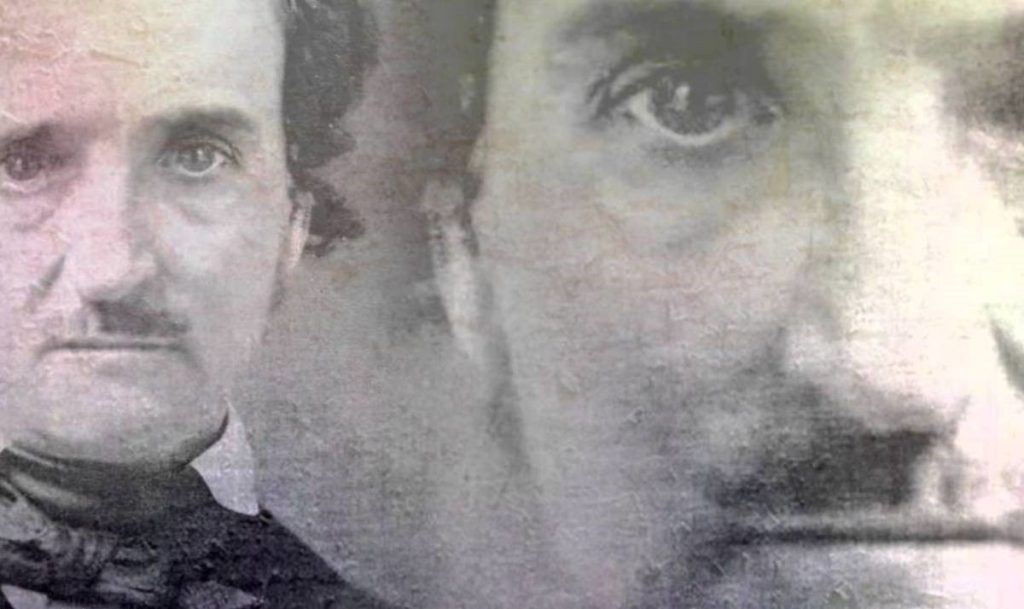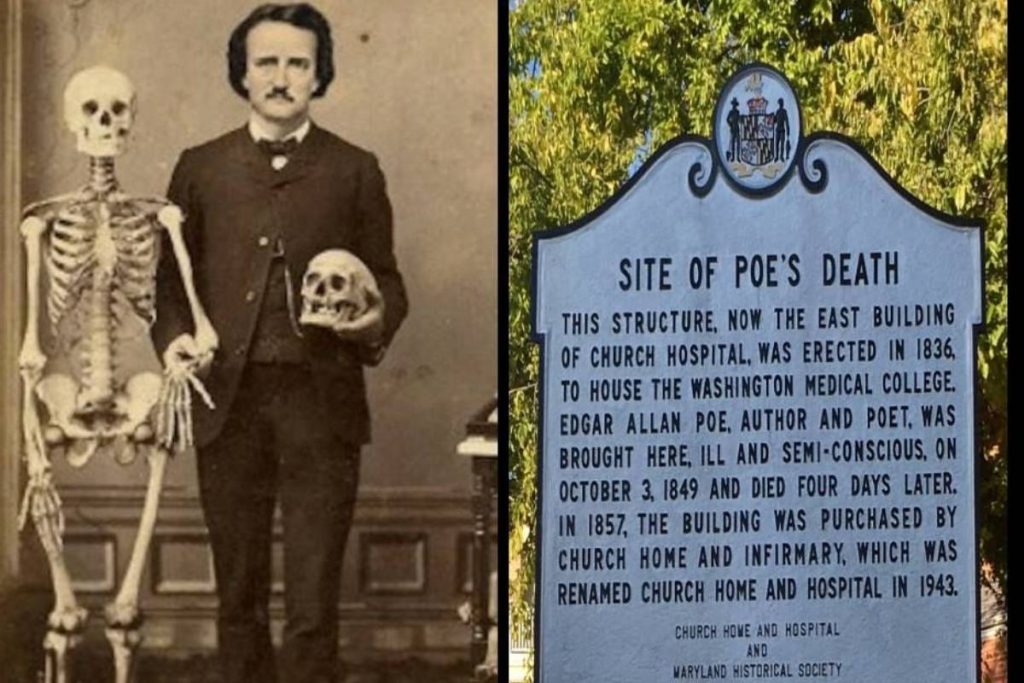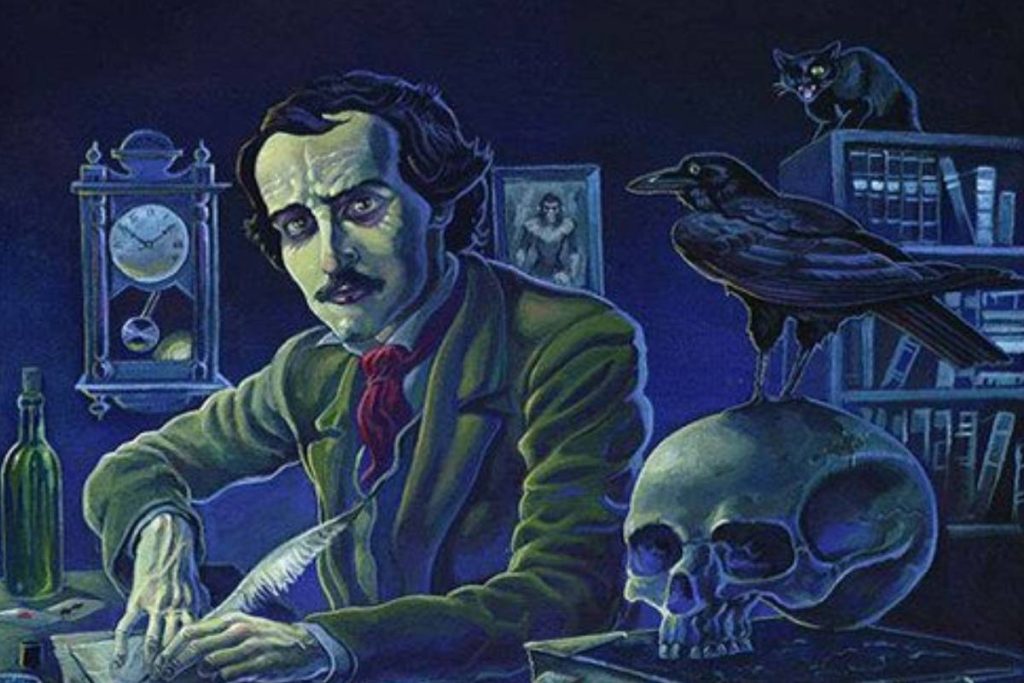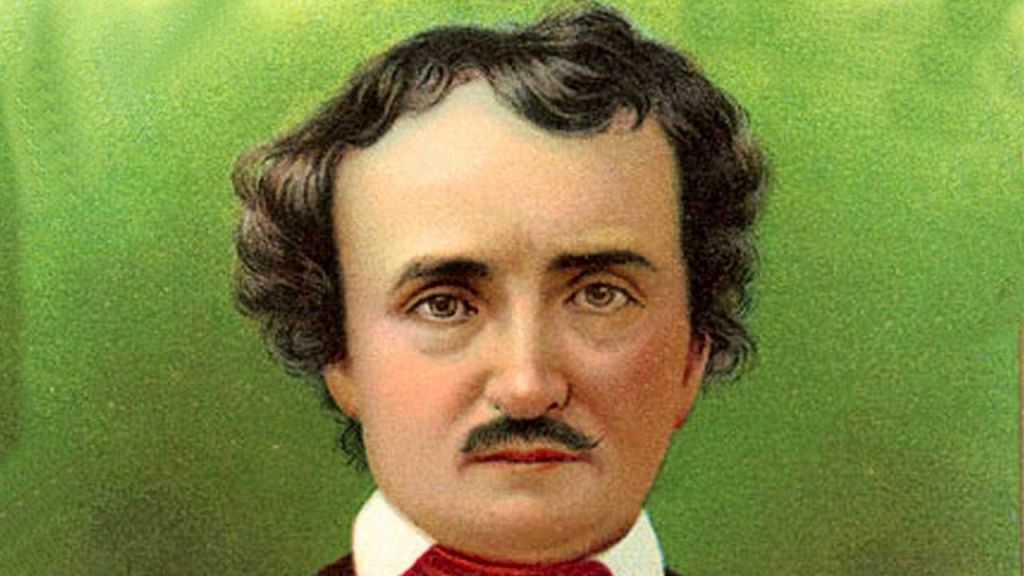Edgar Allan Poe, the master of macabre and the Gothic, left his literary mark with his tales of mystery and suspense. However, the circumstances surrounding his death in 1849 remain an enduring mystery that continued to capture the imagination of enthusiasts and scholars alike.

Recent developments have suggested some clues that may finally untangle the web of mystery surrounding his demise. Let’s find out more.
The Famous Writer–Poe
Edgar Allan Poe, famous for works like “The Tell-Tale Heart” and “The Raven,” died under puzzling circumstances at 40. On October 3, 1849, Poe was found delirious on the streets of Baltimore and was admitted to Washington College Hospital.

He succumbed to his condition on October 7, 1849, with the exact cause of death remaining a mystery. His death gave rise to several theories and speculations.
The Life of Poe
Boston holds a special place as the birth city of Poe, even though his actual birthplace no longer exists. According to The New England Grimpendium, you won’t find the house or street where Poe was born in Boston today.

He was born on January 19, 1809. According to the Biography, Poe never knew his biological parents- Elizabeth Arnold Poe and David Poe Jr.
Poe Had a Tough Upbringing
Poe’s father was an alcoholic who abandoned his family in young Poe’s life. Unfortunately, his mother passed away from tuberculosis when he was just 2. But that didn’t deter his life.

At the age of 13, Poe had already proven himself as a talented poet. However, instead of receiving encouragement for his literary gifts, Poe faced discouragement from his headmaster. Regardless, he forged on.
Edgar’s Literary Works
Edgar didn’t just write spooky stories. He was a writer who could do everything from poems and critiques to playful hoaxes. He was so tough a critic that he was nicknamed “Tomahawk Man.”

Famous writers like Henry Wadsworth Longfellow felt the sting of his words. “The Raven,” “Annabel Lee,” and “The Philosophy of Furniture” were some of his famous works.
Detective Tales and Edgar’s Legacy
Poe’s tales captivated people and were even adapted into songs, movies, and TV shows. His literary influence played a huge role in making detective and true crime stories popular.

His famous creations like the detective C. Auguste Dupin, who used clever thinking to solve mysteries in “The Murders in the Rue Morgue, laid the groundwork for Arthur Conan Doyle’s Sherlock Holmes. This set the stage for detective fiction and true crime.
Edgar Allan Poe’s Modern Comeback
Even today, the famous writer is still a big deal in our everyday world. In 2023, a show called “The Fall of the House of Usher,” a Mike Flanagan’s Poe-meets-Succession miniseries, became a huge hit on Netflix.

And guess what? Austria’s entry for the 2023 Eurovision Song Contest is a song called “Who the Hell Is Edgar?” The song talks about the artists Teya and Salena being possessed by the writer’s ghost.
Speculations Surrounding His Death
Various theories have been proposed to explain Poe’s mysterious demise. Now, author Mark Dawidziak is taking a swing at solving the mystery. In his 2023 book, “A Mystery of Mysteries: The Death and Life of Edgar Allan Poe,” Dawidziak puts forward a fresh theory.

He suggests that a deadly sickness called “cooping” that affected Poe’s mom and wife must have played a part in the writer’s death. But no one is certain.
Untangling Poe’s Mystery
Like a big puzzle with missing pieces, sometimes, it’s tempting to make up stories about Poe’s death is tempting. Here’s what we know. On September 27, 1849, Poe was supposed to take a ferry from Richmond, Virginia, to Baltimore, Maryland, and later head to New York.

Then, on October 3, 1849, a printer named Joseph Walker saw Poe outside Gunner’s Hall in Baltimore, and he appeared sick.
Connecting the Dots
Strangely, Poe wore clothes that didn’t seem like his, making many suspect foul play. Instead of his usual black suit, he wore a cheap, not-fitting suit and a straw hat.

At Washington College Hospital, his cause of death was recorded as “succumbing to phrenitis,” meaning his brain was congested. This hinted at a death related to drugs or alcohol. Some say Poe’s last words were, “Lord, help my poor soul.”
Author Mark Dawidziak
Mark Dawidziak proposes what might seem like the most straightforward theory– tuberculosis. According to Biography, “There was an explosion in tuberculosis cases in the United States at the time.”

Moreover, Poe’s symptoms, such as fever and delusions, matched the signs of tuberculosis. Dawidziak’s idea links this to a sickness that affected Poe’s mother and wife, “cooping,” a type of voter fraud that was widespread back then.
Mystery Left Unsolved
Tragically, Edgar Allan Poe’s death, much like his stories, remains a mystery etched in time. According to The Poe Museum in Richmond, there are no less than 26 published theories surrounding his passing.

Each theory helps keep this enigma’s mystery alive. As enthusiasts and scholars continue to explore the possibilities, the story of his last days remains interesting and unresolved.
